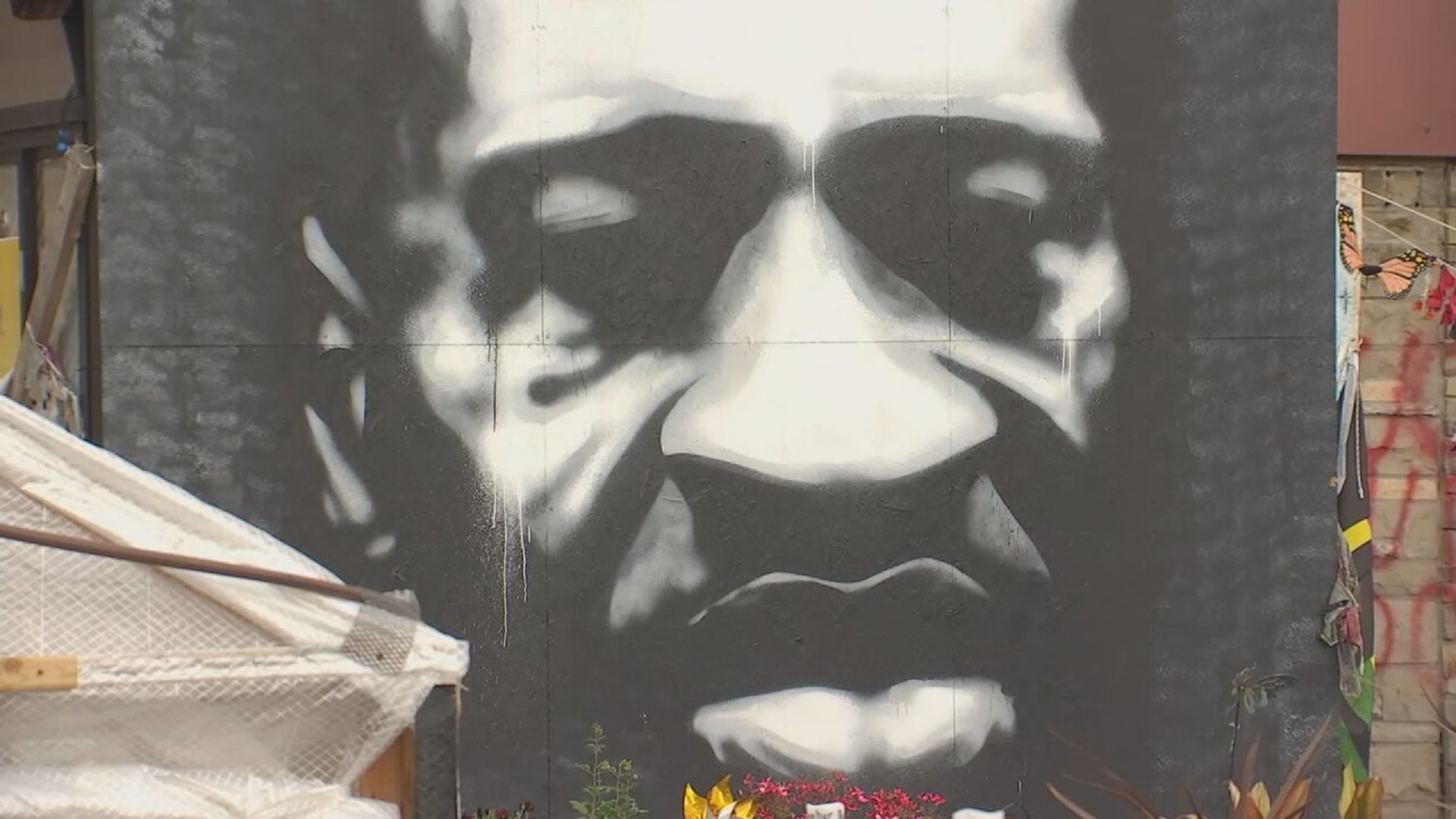HARRISBURG, Pa. — "Depression, post-partum depression, anxiety—those are some of the things I actually dealt with," said Ieasha McNeal.
Experts describe mental health as a state of wellbeing in which an individual realizes his or her abilities and can cope with the normal stresses of life.
For McNeal, a business owner in Harrisburg, those stresses can sometimes be daily tasks or abrupt changes in her schedule.
"When it became too overbearing, [I was] not getting out of bed, feeling like I'm failing even though I'm the most successful that I've ever been," said McNeal. She said these feelings pushed her to talk to someone.
Candace Johnson, a counselor in Harrisburg, says the stigma of mental health is starting to change in the Black community.
"I think our society is shifting in general where therapy is being normalized, but I think there's a shift in how we're coping and dealing," said Johnson.
Johnson said that shift was necessary after millions of people are still dealing with the aftermath of George Floyd’s death and the COVID-19 pandemic.
"We're seeing elevated rates of anxiety and depression, of just trying to cope and deal with the stress of COVID and oppression all in one," Johnson explained.
On top of that, members of the Black community are dealing with the trauma of everyday life.
Timothy White runs an ex-offender re-entry program called Amiracle4sure. His goal is to lower the recidivism rate in central Pennsylvania. Through his work, he sees the impact of trauma on the Black community daily.
"I've taken people to mental health evaluations, [and] I've had people come to me for help, and I did not know how to help them or where to go," he said.
Studies show that Black adults are 20% more likely to experience mental health issues than the rest of the population.
While Johnson says the population of Black therapists in central Pennsylvania is starting to grow, she says more work needs to be done to increase access to mental healthcare in the black community.
Meanwhile, McNeal says she hopes other Black people continue mental health conversations so that they all can continue to make strides in everyday life.
"A lot of times for me, as Black woman, I have to be superwoman and while some days I don't want to I still have to," said McNeal.
Like many others in the Black community, sometimes taking it one day at a time is the best step towards mental health.

